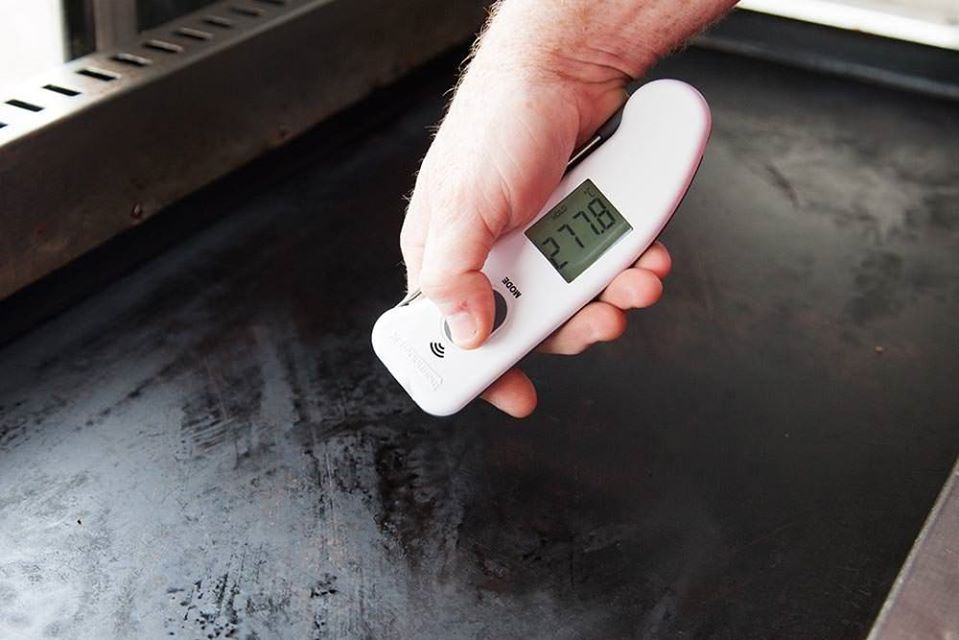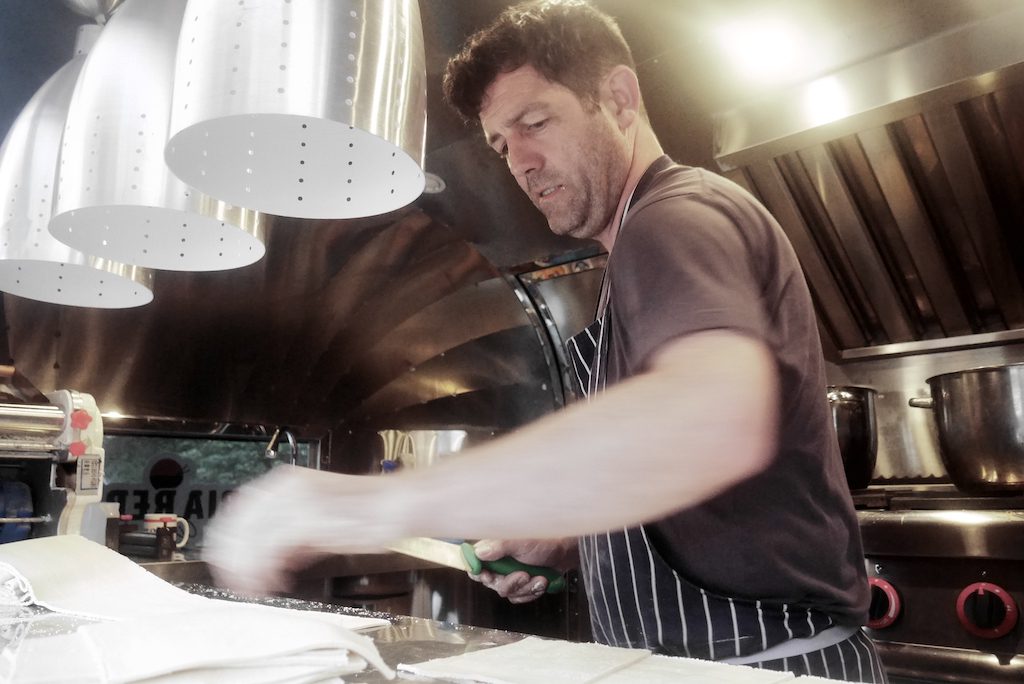Register to get 5 free articles
Reveal the article below by registering for our email newsletter.
Want unlimited access? View Plans
Already have an account? Sign in
Adapt and pivot. These are two words that have grown in significance for the food and drink industry since the emergence of Covid-19. Bars, cafes and restaurants have closed their doors or shifted to pick-up or delivery-only services to adhere to social distancing rules.
It is an uncertain time for many food and hospitality businesses but there is opportunity in the chaos. Business leaders can do something rare: step outside and look back in. And many are using this interlude to their advantage to make change work for them short, medium and long term.
Food temperature monitoring has never been as important as it is right now. More people are ordering groceries online, in some cases panic and bulk buying, and cooking from scratch.
As a critical supplier, Electronic Temperature Instruments continues to supply supermarkets, NHS food services, and food processing and public sector catering, ensuring that they comply with law during these challenging times.
The pandemic is testing the NHS to its limits. The last thing it needs now is a wave of easily avoided food poisoning cases.
Piglet’s Pantry – the proof is in the pie
Piglet’s Pantry began as a small seaside bakery in Worthing, England. Nine years, three buildings and 32 British Pie Awards later, the company now supplies more than 50,000 baked goods per week to sports stadiums, entertainment venues and leading luxury brands nationwide.
As a family-run business, it has stayed true to its ethos and prides itself on sourcing local, sustainable ingredients to produce incredible tasting pies on a robust and efficient production line.
One of the key elements of its operation is an Electronic Temperature Instruments temperature system that quality controls its products and increases security while freeing up time that can be best spent growing the business.
The Electronic Temperature Instruments system ensures all Piglet’s Pantry temperature recordings from its fridges and freezers are backed up every few hours, with alerts if the temperatures go above our critical limits.
The Electronic Temperature Instruments thermometers at each station are also programmed for all of Piglet’s Pantry active work products, allowing the company to set critical and quality control limits.
However, with Piglet’s Pantry primarily supplying the sports & leisure industry, one of those hit hardest since the lockdown was announced, the company has had to adapt fast after witnessing its entire sales revenue decimate overnight. “Within three days of the lockdown, we created an online shop to supply direct to customers who would usually be looking for their pie fix in attendance at sporting events,” says Joanna Hunter, co-founder at Piglet’s Pantry.
“Additionally, we have also seen a roaring trade online for our afternoon tea hampers, which we adapted after spotting a gap in the market. Right now, they are outstripping our pie sales.”
The Piglet’s team reached out to the football clubs it would usually supply, including Premier League club Brighton and Hove Albion. “So many clubs have rallied around to help promote our website, which resulted in a series of media interviews,” adds Joanna.
The launch and promotion has created a short-term sales revenue that is expected to see Piglet’s Pantry through these unprecedented and challenging times. The success of the company’s online shop has also convinced the team to keep it live post-lockdown.
Joanna explains: “While this was always part of our expansion plans, we have been taken aback by its success. The loss of all of our sales has allowed us to concentrate fully on implementing our online store from start to finish.
With this short-term plan being implemented so suddenly, we found the issue of not having a packaging solution readily made for our products. This required many hours of research to find the right solution.”
Once the team agreed on the right solution, it was time to turn to testing. To supply perishable goods, Piglet’s would need to test the temperature of its products accurately, ensuring they stay within a safe range overnight via courier service.
Joanna concludes: “Electronic Temperature Instruments supported this process by supplying wireless loggers to track the temperature throughout the delivery process. The results came back with success as the products were still within the temperature range required. Entering new territory, this gave our business confidence that we had found the right packaging solution to send our products nationwide.”
By Jason Webb, director, Electronic Temperature Instruments



















